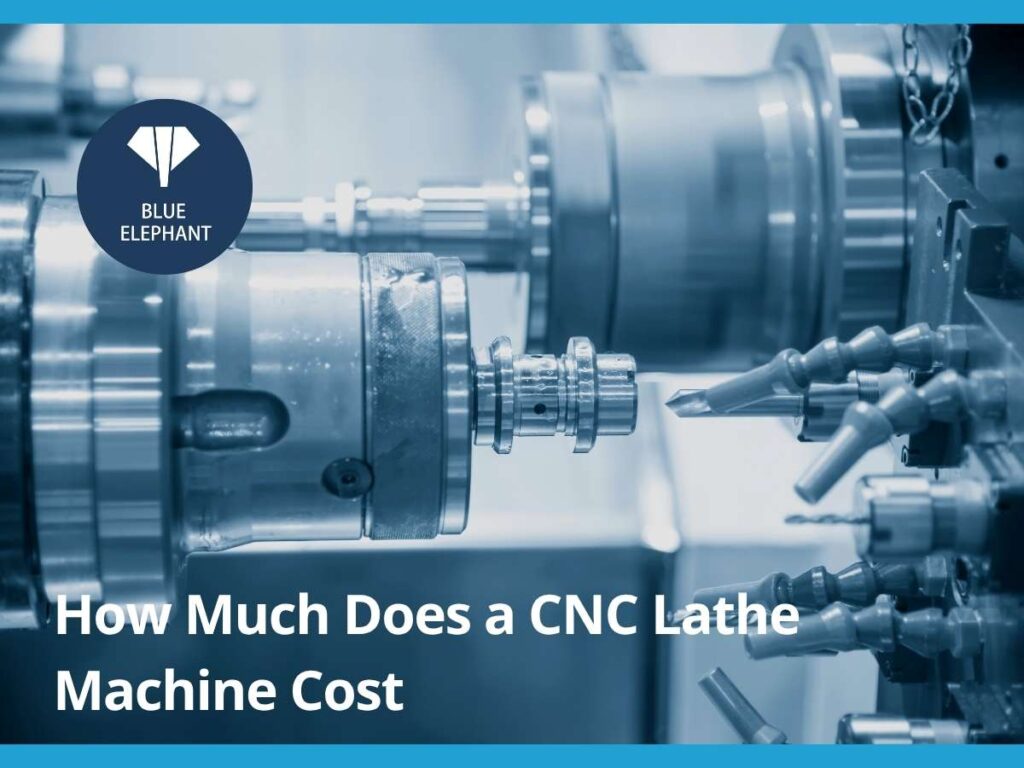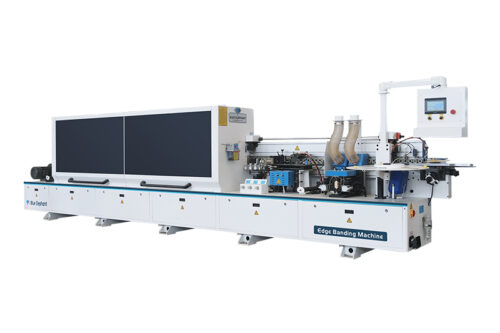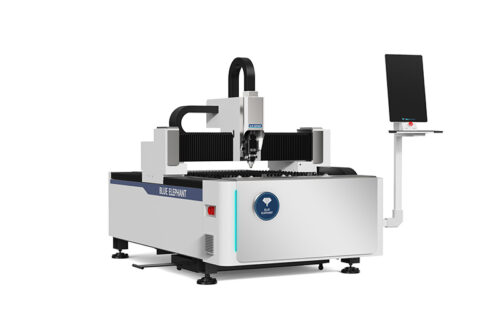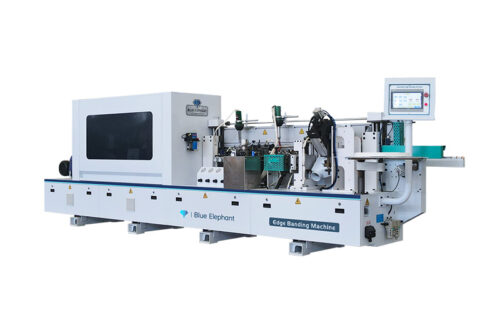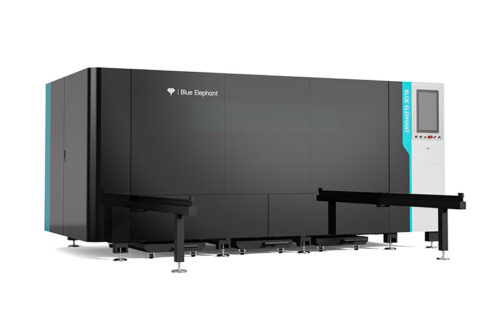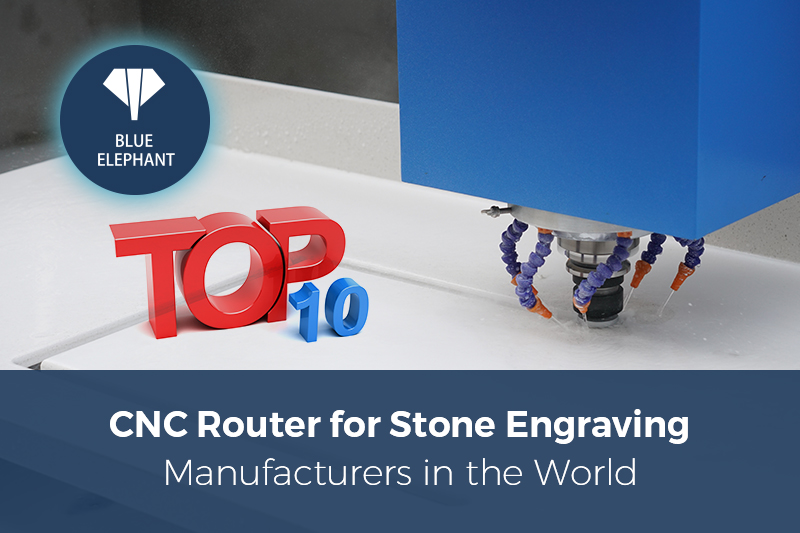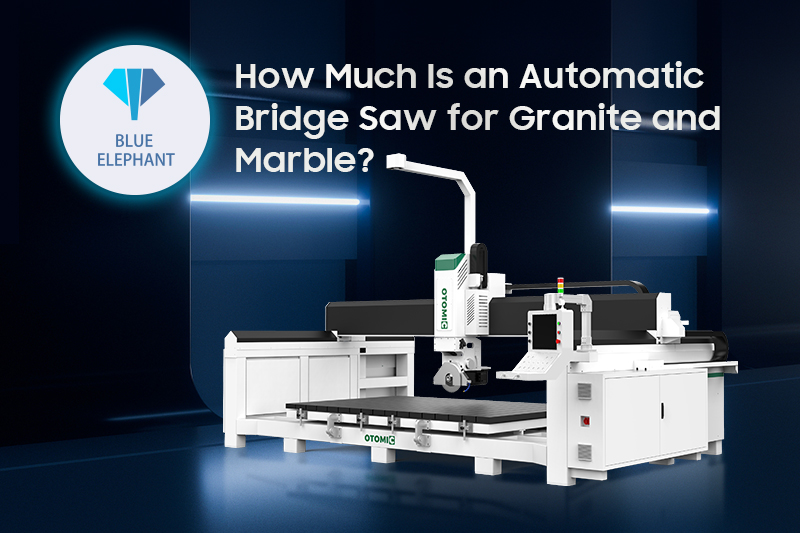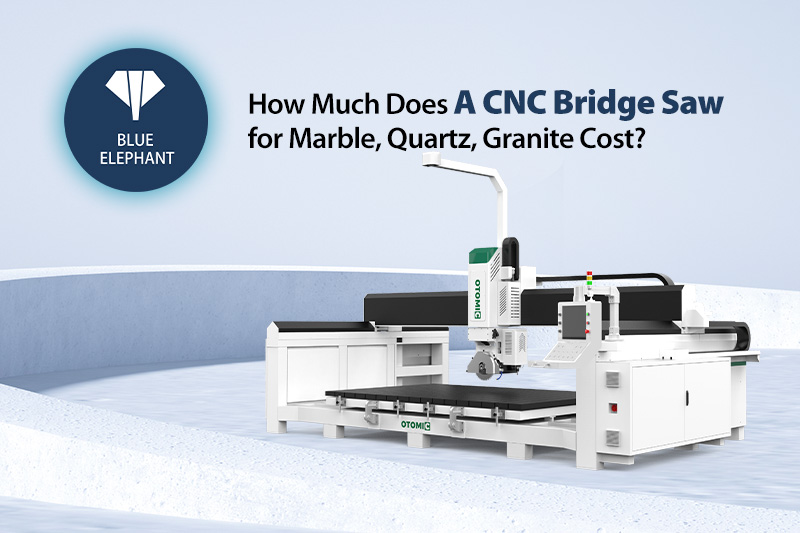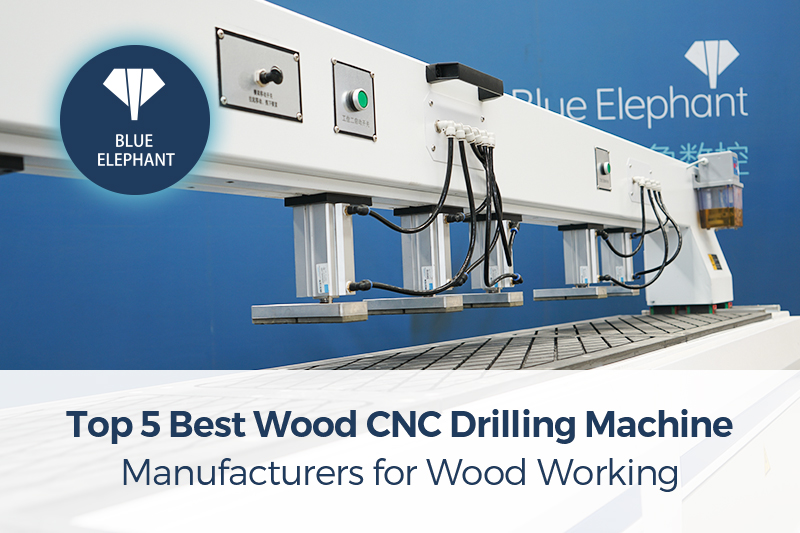You find a CNC lathe online for $20,000. Then another for $80,000. Same type of machine, different brands, massive price gap. Why?
That’s the question I asked when I started in this industry. I was helping a machine shop upgrade its equipment, and the pricing made no sense. After countless conversations with manufacturers and repair techs, I finally understood: machine cost isn’t just about the sticker price. It’s about features, precision, software, and long-term value.
You don’t have to spend months figuring it all out like I did. This guide will explain the real cost of a CNC lathe—from budget-friendly options to high-end models.
I’ll also cover the hidden fees that many buyers overlook. By the end, you’ll know exactly what to expect before making a decision.
So let’s start!
1. Price Range of CNC Lathe Machines
I remember talking to a shop owner who was just starting out. He needed a CNC lathe but had no idea how much to budget. He found one for $7,000, then another for $100,000. The price gap didn’t make sense to him.
He’s not alone. CNC lathe prices vary widely. The cost depends on size, precision, automation, and industry needs. A machine for a hobbyist won’t cost the same as one for a factory running 24/7.
Here’s what you need to know about pricing at different levels.
Entry-Level CNC Lathe Machines ($5,000 – $20,000)
These machines are great for small workshops, hobbyists, and light production. They handle simple parts but lack the power and automation of larger models.
What you get:
- Basic functionality with manual or semi-automatic operation.
- Slower spindle speeds and limited cutting power.
- Small work area, best for soft metals and plastics.
These machines work well if you’re just getting started or don’t need high-volume output. But if you’re running a business, you may outgrow them fast.
Mid-Range CNC Lathe Machines ($20,000 – $80,000)
Most small to medium-sized manufacturers use machines in this range. They’re built for daily production and offer more automation.
What you get:
- Higher spindle speeds and better precision.
- Features like automatic tool changers and live tooling.
- Ability to handle tougher materials like steel and titanium.
I once worked with a shop that upgraded from an entry-level machine to a mid-range model. The difference was huge. Production speed doubled, and they could take on more complex jobs. If you’re serious about manufacturing, this is where you want to be.
High-End Industrial CNC Lathe Machines ($80,000 – $500,000+)
Factories and large-scale manufacturers rely on these machines. They’re built for precision, speed, and automation.
What you get:
- High spindle speeds for mass production.
- Robotic integration for fully automated workflows.
- Custom software for complex designs and multi-axis machining.
These machines are for businesses that need maximum efficiency. If you’re making thousands of parts a day, they’re worth the investment. But for smaller shops, the price tag can be hard to justify.
2. Key Factors That Affect CNC Lathe Machine Cost
You’ve probably noticed that CNC lathe prices vary widely. Two machines with similar specs can have completely different price tags. If you don’t know what drives those differences, it’s easy to overpay—or worse, buy a machine that won’t meet your production needs.
Understanding the factors behind CNC lathe pricing will help you make a smarter investment. Here’s what you need to know.
Type of CNC Lathe Machine
The type of CNC lathe you choose plays a big role in cost. Each design serves different industries and applications.
- Horizontal vs. Vertical CNC Lathes – Horizontal lathes are more common and generally more affordable. Vertical lathes cost more but handle larger, heavier parts better.
- 2-Axis vs. Multi-Axis CNC Lathes – A basic 2-axis lathe works for simple cuts. Multi-axis machines cost more but allow for complex part machining in fewer setups.
- Swiss-Type vs. Standard CNC Lathes – Swiss lathes specialize in small, high-precision parts and cost significantly more than standard models.
If you’re producing simple parts, you don’t need a high-end multi-axis lathe. But if precision and efficiency are top priorities, spending more upfront can save you in the long run.
Machine Specifications
Higher specifications mean higher costs. If you need more power, precision, or capacity, expect to pay more.
- Spindle speed and torque – Faster speeds produce smoother finishes. More torque helps cut harder materials.
- Motor power – A stronger motor allows for deeper, more efficient cuts.
- Bed length and swing over bed – Larger machines accommodate bigger parts but also take up more space and require a bigger budget.
- Tool turret and number of tools – More tooling options reduce manual intervention but add to the overall cost.
If you run high-volume production, investing in a machine with advanced specs can boost efficiency and cut labor costs over time.
CNC Control System and Software
Your control system determines how easy your machine is to operate and maintain.
- Popular brands:Fanuc, Siemens, Haas, Mitsubishi. These are reliable but can increase costs.
- Software compatibility is key. Some machines require expensive updates or don’t work well with third-party software.
Before buying, check if your current software is compatible with the control system. Otherwise, you might need costly upgrades or retraining for your operators.
Material and Build Quality
A well-built machine lasts longer and produces better results.
- Heavy-duty cast iron frames absorb vibration better and improve cutting accuracy.
- Aluminum frames are lighter and cheaper but may not be as stable for heavy workloads.
If precision is important for your business, don’t cut corners on build quality. A cheaper machine with a weak frame might end up costing you more in maintenance and scrap materials.
Brand and Manufacturer
The brand you choose affects pricing, reliability, and service quality.
- Well-known brands from Japan, Germany, and the U.S. tend to cost more but offer better reliability, resale value, and customer support.
- Chinese manufacturers often offer more affordable machines, and many have made strong improvements in quality over the years. Today, some deliver reliable performance at a competitive price.
If you’re considering a Chinese-made machine, take time to check the brand’s reputation, warranty coverage, and spare part availability.
At Blue Elephant, we’ve seen firsthand how much these details matter. That’s why we focus on building machines that are not only cost-effective but also reliable, easy to maintain, and backed by strong support—so you can buy with confidence.
Customization and Additional Features
What looks like a great base price can increase when you add essential features.
- Live tooling, bar feeders, and automatic tool changers improve efficiency but increase the total cost.
- An enclosed machine design improves safety and dust control but costs more.
If you run continuous production, automation features will pay off over time. But if your operation is low-volume, you might not need all the extra features.

3. Cost Breakdown: New vs. Used CNC Lathe Machines
You’re weighing your options—should you invest in a new CNC lathe or save money with a used one? The right choice depends on your budget, production needs, and risk tolerance. A new machine offers reliability and long-term support, while a used one can provide significant cost savings—if you choose wisely. Below is a detailed comparison to help you make an informed decision:
| Factor | New CNC Lathe | Used CNC Lathe |
| Price | $20,000 – $500,000+ | 30-50% cheaper than new |
| Warranty | Included with manufacturer | No warranty, buyer assumes risk |
| Maintenance | Minimal in early years | May require repairs and replacements |
| Reliability | High, no hidden issues | Varies depending on previous usage |
| Technology & Features | Latest control systems, automation | May lack modern automation and software updates |
| Lead Time | Can take weeks or months | Available immediately |
| Depreciation | Loses value quickly after purchase | Slower depreciation |
| Support & Training | Manufacturer support and training | No official training or after-sales service |
| Inspection Needed? | No, ready to use | Yes, check spindle, bearings, control system, and maintenance records |
| Risk | Low, backed by warranty | Higher risk of unexpected issues |
4. Hidden Costs and Additional Expenses
Buying a CNC lathe isn’t just about the machine price. Many buyers focus on the upfront cost and overlook the hidden expenses that come with it. I’ve seen shop owners struggle with unexpected costs after purchase, and it’s never a good situation.
If you’re planning to invest in a CNC lathe, you need to budget for more than just the machine itself. Here are the additional expenses you should consider for your project.
Installation and Setup Costs
Getting the machine to your shop and ready to run isn’t free.
- Factory space – Does your shop have enough room? Some machines need reinforced flooring.
- Power supply – High-powered machines may require electrical upgrades.
- Air compressor setup – Many CNC lathes rely on compressed air for tool changes and spindle operation.
- Delivery and installation fees – Depending on the size of your machine, professional installation may be necessary.
Tooling and Accessories
A CNC lathe without the right tools is useless. You’ll need:
- Cutting tools, chucks, and collets – Different materials require different tools.
- Tool holders – Needed for quick and accurate tool changes.
- Coolant systems – Prevents overheating and extends tool life.
- Chip conveyors – Helps manage waste and keeps the machine running smoothly.
These add up quickly. A buyer I worked with spent nearly $10,000 on tooling alone after purchasing a mid-range lathe.

Software and Licensing Fees
The machine’s control system is important, but you’ll also need software to program it.
- CAD/CAM software – Used for designing and programming parts.
- Annual software maintenance – Some programs require yearly fees for updates.
If you’re upgrading from manual machining, software costs can be a shock. But without it, your CNC lathe won’t do much.
Maintenance and Repair Costs
CNC machines require regular upkeep. If you skip maintenance, breakdowns can be expensive.
- Preventive maintenance – Includes oil changes, lubrication, and calibration.
- Spare parts availability – Some brands have expensive or hard-to-find replacement parts.
- Service technician costs – If something breaks, you may need professional repairs.
A shop owner I know once delayed maintenance to save money. A spindle failure cost him five times more than the regular upkeep would have.
Training and Labor Costs
Even the best CNC lathe won’t run itself.
- CNC operator training – Proper training reduces errors and waste.
- Hiring skilled machinists – Experienced operators demand higher wages.
- In-house training programs – A long-term investment if you plan to train new employees.
If you’re new to CNC machining, training is a must. A well-trained operator can make all the difference in productivity and machine longevity.

5. Cost-Saving Tips When Buying a CNC Lathe Machine
Buying a CNC lathe is a big investment. You need a machine that fits your production needs without wasting money on unnecessary features. If you want the best value, you have to be strategic with your purchase. Here’s how you can cut costs without sacrificing quality.
Right Machine
Choosing the wrong machine can cost you in the long run. I’ve seen businesses overspend on high-end models packed with features they never use. Others went too basic—and had to replace their machine within a year.
Think about what you’re machining every day. If your work is straightforward, a 2-axis lathe might be all you need. If you plan to grow, look for a machine with upgrade options instead of paying upfront for features you may not use yet.
At Blue Elephant, we help businesses match machines to real needs—so you get performance without the waste.
Compare Deals and Get Multiple Quotes
Choosing the right supplier can save you thousands. A shop I worked with got an initial quote for $70,000. Instead of accepting it, they contacted other suppliers. One included free installation. Another offered a discount on tooling. By comparing, they saved over $5,000.
You should always request multiple quotes. Some suppliers bundle extras like training, software, or maintenance. Others charge separately. Negotiating for better terms can make a big difference.
Buying a Well-Maintained Used CNC Lathe
Choosing a second-hand machine can cut your costs by 30-50%. Many businesses upgrade their machines before they’re fully worn out, making used CNC lathes a great option.
Before buying, inspect the machine carefully. Check the spindle, bearings, and control system. Ask for maintenance records. If possible, test the machine under load. Some refurbished models even come with warranties, giving you extra protection.
Financing and Government Incentives
Choosing a financing plan can help you manage cash flow. Many businesses spread out costs through leasing or manufacturer-backed loans.
You should also check for government incentives. Some regions offer tax breaks or subsidies for new manufacturing equipment. A business I worked with reduced their upfront cost significantly by applying for an equipment tax deduction.
Buy from a Supplier That Offers Strong Support
Choosing a reliable supplier is just as important as choosing the right machine. I’ve seen businesses buy cheaper CNC lathes, only to struggle when they needed spare parts or repairs. Downtime can cost more than the savings on the initial purchase.
Before you buy, research the supplier. Read customer reviews. Make sure they offer after-sales service and easy access to spare parts. A good supplier will help you keep your machine running smoothly for years.
Conclusion
You don’t need to overspend to get a CNC lathe that works for your business. When you focus on what truly matters—your production needs, long-term costs, and supplier reliability—you’ll make a decision you won’t regret.
I’ve seen businesses make smart purchases by taking their time and doing their research. Will you do the same?
Your next step is simple. Start comparing options, ask for multiple quotes, and negotiate for the best deal.
The right CNC lathe is out there—contact us today to find it!
Explore More Helpful Resources
Want to see more products? We’ve got plenty of options that might just be the perfect fit for you:
Still haven’t found what you’re looking for? Don’t hesitate to contact us. We’re available around the clock to assist you.


